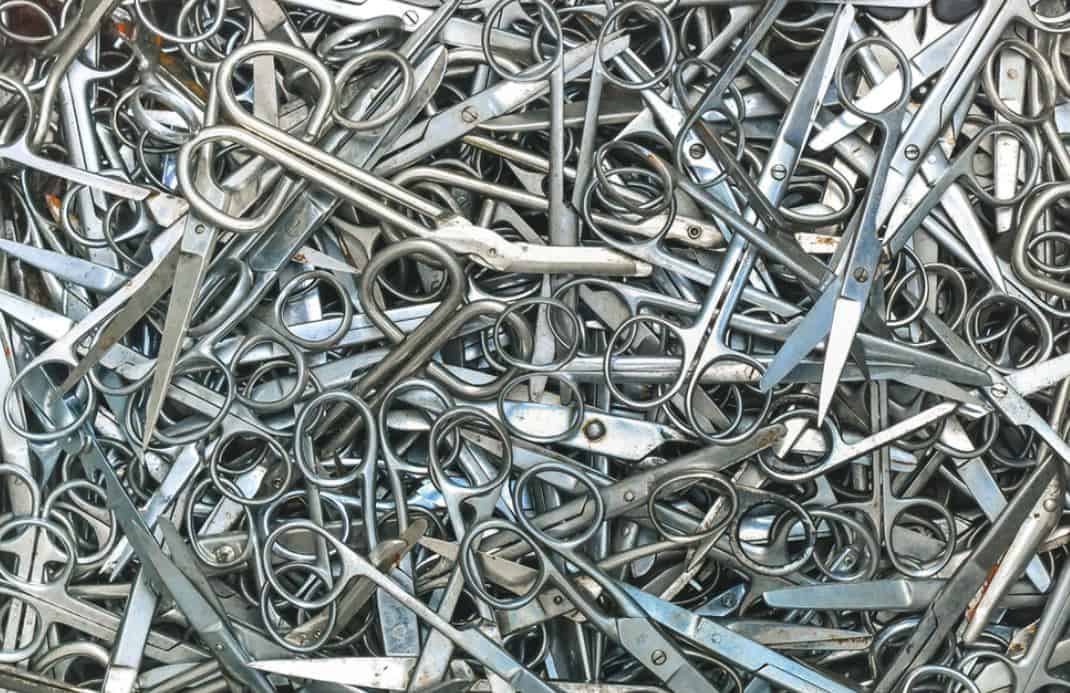Handling medical waste improperly can be a big mess, and it’s something you don’t want to happen to you or your patients. In this article, we’re going to talk about the dangers of not handling medical waste properly, and what you can do to avoid them.
The Problem With Medical Waste
Some people might think that throwing away medical waste is a harmless thing to do, but this is not the case. Medical waste contains harmful chemicals and objects that can cause serious health problems if they’re disposed of improperly.
One of the dangers of not handling medical waste properly is that it can end up in the environment. When medical waste is thrown away, it can contaminate soil and water supplies with bacteria, viruses, and other dangerous substances. This can lead to serious health problems for people who drink water or use the soil for gardening.
Another danger of not handling medical waste properly is that it can be stolen or stolen by criminals. If medical Waste is mishandled, it could contain valuable information about patients’ diseases or treatments. This information could be used by criminals to steal money or drugs from hospitals or doctors.
How to Properly Handle Medical Waste?
Medical waste is any material that comes from a person or animal who has been treated for a medical condition. This can include everything from bandages and blood to needles and surgical tools.
Medical waste should always be disposed of in a biohazard waste bag that prevents contamination of the environment and other people. It should not be burned, buried, or left in the open air. The best way to deal with medical waste is to take it to a licensed disposal facility.
However, if that is not possible, there are some things you can do to handle it safely yourself:
- Dispose of all sharps (needles, scalpels, etc.) in a puncture-resistant container such as an official hospital safety container or coffee mug. Make sure the container is clearly marked “sharps” and keep it out of sight and reach of children.
- Destroy all unused medications by mixing them with sand or sawdust until they form a thick paste. Pour the mixture into an official recycling container.
- Separate out plastic bags containing medication from other trash before discarding them. Place these bags in your regular trash bin until they are full, then bring them to an official recycling center.
- Rinse off all soiled items, including bandages and sheets, and place them in a sanitized container. Make sure the container is sealed properly and placed in a location where it will not be contaminated.
What to do if you encounter a Medical Waste Problem?
If you are ever confronted with a medical waste problem, the first thing you should do is call your local health department. They will be able to help you determine if there is anything that you can do to clean up the situation, or if it is something that needs to be reported to the police. If it is something that you can clean up on your own, the best way to do this is to wear a respirator and gloves while cleaning. Make sure to clean all surfaces where medical waste was stored, including the floors and walls. Finally, make sure that any medical waste that was not cleaned up properly is disposed of properly.
Conclusion
Medical waste is a serious issue that needs to be handled properly if we want to protect our environment and keep our communities safe. By not handling medical waste properly, we are putting both ourselves and the public at risk. By learning about the dangers of not handling medical waste properly, you can ensure that your facility is following all safety guidelines and staying compliant with state and federal regulations.




